Expert Witness Vindicated Prejudgement Remedy Upheld
"I am thrilled the Connecticut Appellate Court upheld the use of a sociologist as an expert witness who could provide an academic basis for speech being interpreted as racist," Ken Krayeske of BBB Attorneys, the plaintiff's attorney, said.
A prejudgment remedy of $295,000 survived an appeal and challenges to the expert testimony of a sociologist in a case alleging intentional and malicious harassment based on the plaintiff's race.
In the underlying lawsuit, the plaintiff Keren Prescott alleged Yuliya Gilshteyn, who is white, spat in her face at a protest.
The trial court granted the application for a prejudgment remedy, and found probable cause the "defendant committed a civil assault and battery against the plaintiff, that the defendant intentionally inflicted emotional distress on the plaintiff, that the defendant maliciously and intentionally harassed and intimidated the plaintiff by spitting in the plaintiff's face and that her actions in doing so were motivated, in whole or in substantial part, by the plaintiff's race," the Appellate Court's decision said.
Prescott, a Black woman, attended a protest at the Connecticut State Capitol building on Jan. 6, 2021, and shouted slogans such as "Black lives matter" and "racism is a public health crisis," the decision said.
The defendant attended the protest to show support for the "medical freedom movement," the decision said. According to court records, the defendant moved toward Prescott and asked the plaintiff about "Black on Black crime," which an expert witness identified as a "racist trope," the decision said. Moments later, the defendant allegedly spat in Prescott's face.
Counsel for the defendant, Norm Pattis of Pattis & Paz, did not respond to a request for comment.
On appeal, the defendant claimed the prejudgment remedy of $75,000, which was trebled, for emotional distress was improper because there was "little to no evidence" of the claim besides "self-serving statements [as] an activist."
However, the Appellate Court said case law allows plaintiffs to recover damages in personal injury cases "even when such pain and suffering is evidenced exclusively by the plaintiff's subjective complaints."
"[T]he court specifically found credible the plaintiff's testimony that she experienced severe emotional distress as a result of being spat upon by the defendant and due to increased concerns that she may contract COVID-19 and that contracting COVID-19 might worsen her [multiple sclerosis]," the decision said. "The court also found credible her testimony that she felt 'humiliation over being spat upon in public, and that the bodily violation of being spat upon reawakened the trauma of her past sexual assault.'"
The defendant also contested the admission of the expert testimony of Charles A. Gallagher, a professor of sociology and criminal justice at LaSalle University, the decision said. "Gallagher, as a nonscientific expert, did not have any special skill or knowledge directly applicable to the matter in issue, which concerned the defendant's intent at the time she spat on the plaintiff," the defendant claimed.
While the defendant argued Gallagher's testimony was "nothing but attenuated general knowledge of the discussion of race in the United States" and described his expertise as "watercooler variety," the Appellate Court concluded that Gallagher's "testimony and academic credentials belie such a claim."
The Appellate Court agreed that Gallagher could not determine the defendant's mindset during the ordeal, but his expertise "provided context for how the defendant's statements could be construed."
Ken Krayeske of BBB Attorneys represented the plaintiff.
"I am thrilled the Connecticut Appellate Court upheld the use of a sociologist as an expert witness who could provide an academic basis for speech being interpreted as racist," Krayeske said.
Further, the defendant argued that this case involves freedom of speech and, therefore, prejudgment remedy should have been reached by a jury due to "the importance of freedom of speech and expression," the decision said.
In response, the plaintiff contended that the words people use are relevant evidence to find intent and motive, but this case is not a freedom-of-speech case, and "spit is not speech," the decision said.
The Appellate Court agreed with the plaintiff, and concluded that the defendant's arguments were "unavailing."
Krayeske said if the defendant tries to bring this to the high court, "it would be a very difficult appeal."
"This was a unanimous decision shared by all three on the panel," Krayeske said. "It's not every day that you get this kind of resounding ruling in your favor."
While Krayeske said this was a great win for his client, he hopes there are not future cases like this.
"The idea of a case like this is to show people that when racism is overt and damaging, all racism is damaging," Krayeske said. "But overt expressions of hatred must be extraordinarily expensive."




